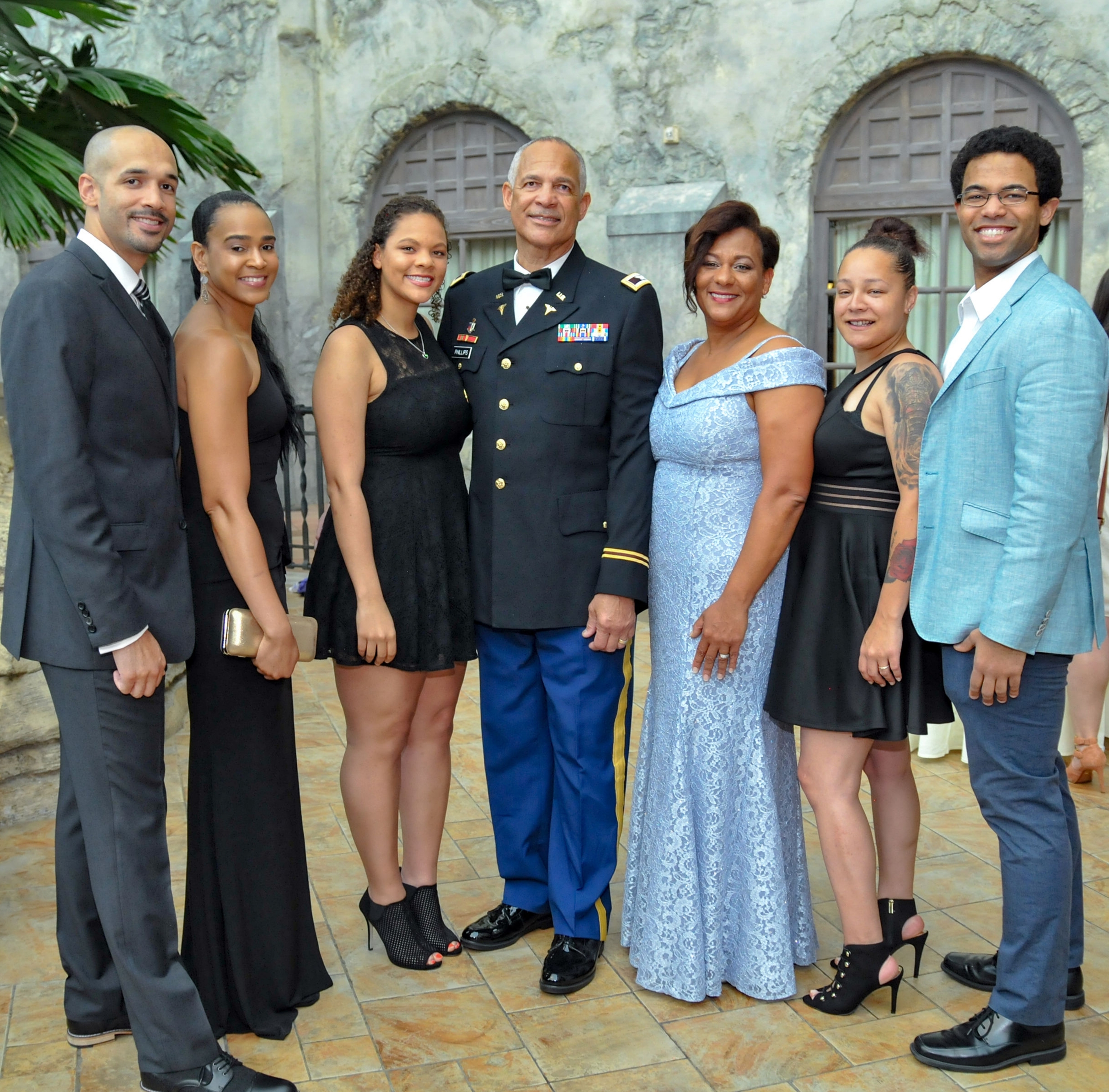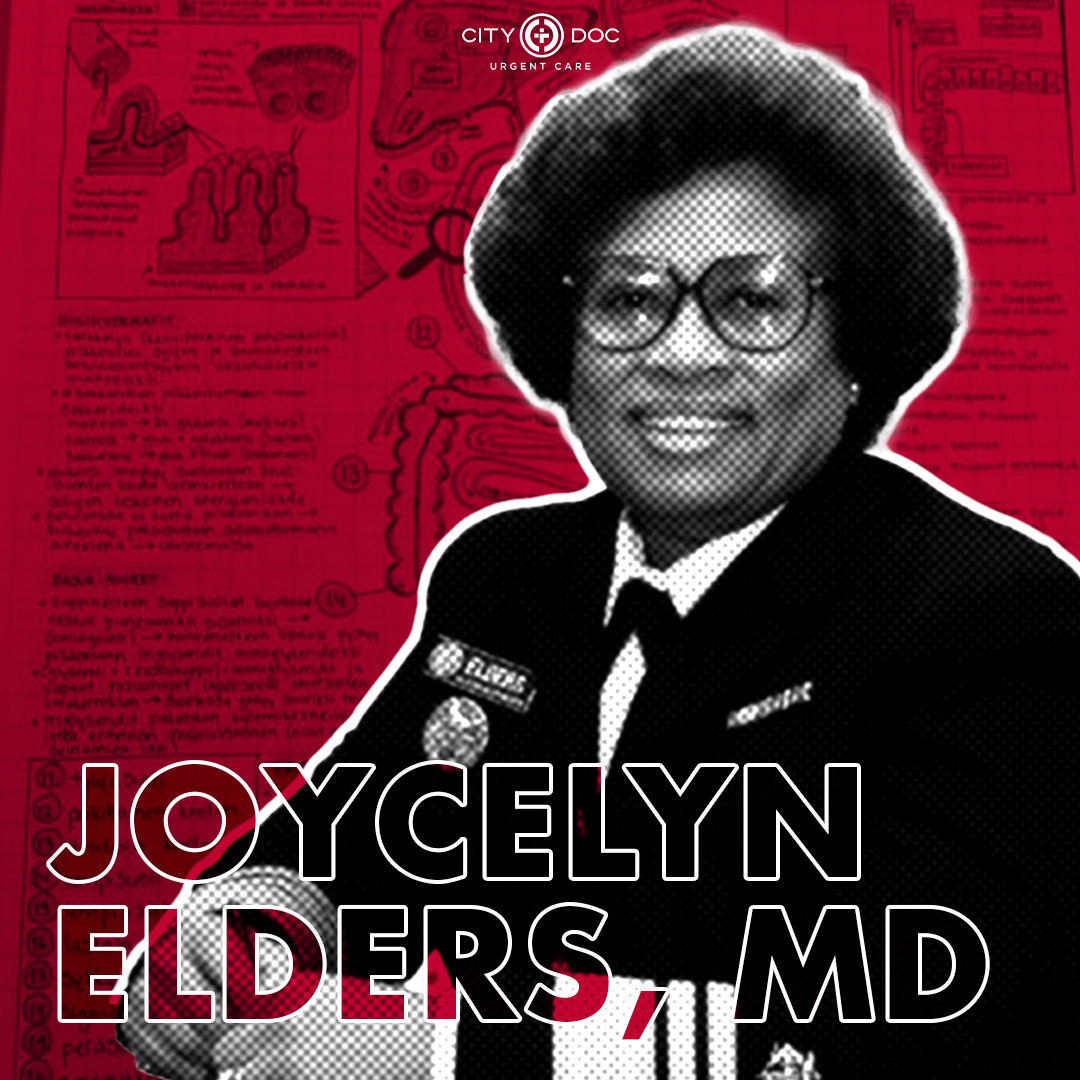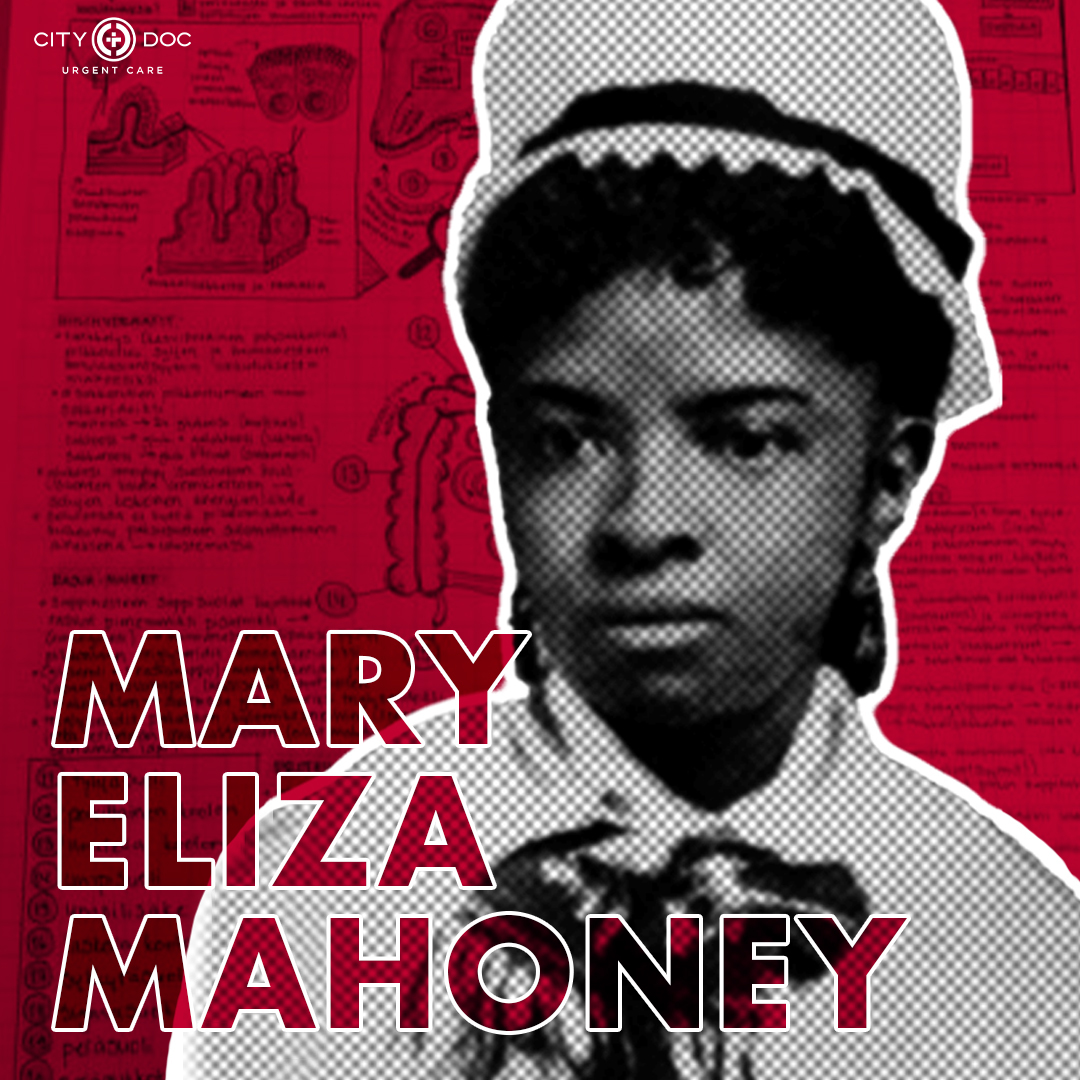Celebrating Black Excellence in Healthcare: A Journey Through Generations
In the heart of Dallas-Fort Worth, CityDoc Urgent Care Centers stand as a testament to the resilience, dedication, and progress of the African American community. At the helm is Dr. Brenna Nance, a remarkable figure whose journey encapsulates the strides made from the shadows of slavery to the forefront of healthcare innovation. Born in 1966 in Mobile, Alabama, to a family with roots tracing back to Ghana and Nigeria, Dr. Nance’s lineage is rich with history. Her great-grandparents, who vividly remembered their own grandparents’ enslavement, bore witness to a transformative legacy that, over seven generations, saw their descendants rise to become contractors, educators, and healthcare professionals.
This remarkable ascent, however, was fraught with challenges. Dr. Nance’s parents grew up in the segregated South, a time when opportunities for African Americans, especially in education, were severely limited. The establishment of historically black colleges and universities (HBCUs) was a beacon of hope, paving the way for countless individuals, including Dr. Nance’s family, to achieve educational and professional excellence.
The late 1970s and early 1980s marked a pivotal era for Dr. Nance’s family when her father contributed to the desegregation of public schools in St. Louis, Missouri. This period underscored the ongoing struggle for racial equality, a struggle that, decades later, still necessitates difficult conversations between African American parents and their children about the realities of racial profiling and police encounters.
Dr. Nance’s leadership at CityDoc Urgent Care is a reflection of her community’s resilience and solidarity. CityDoc has remained a beacon of hope, supported by a community that values diversity, equity, and inclusivity. This support has been unwavering, whether or not the patrons knew of the center’s minority ownership, highlighting the broader community’s recognition of CityDoc’s indispensable role.



The narrative of African Americans in healthcare is further enriched by the pioneering achievements of Dr. Joycelyn Elders and Mary Eliza Mahoney. Dr. Elders, as the first African American U.S. Surgeon General, shattered ceilings with her forthright advocacy for comprehensive healthcare access, sexual health education, and the rights of underserved communities. Her tenure, marked by controversy and conviction, laid the groundwork for future discussions on public health policy and equity.
Similarly, Mary Eliza Mahoney’s historic milestone as the first African American registered nurse illuminates the path for diversity and inclusion within the nursing profession. Her dedication to nursing over two decades and her advocacy for the professional advancement of African American nurses continue to inspire generations.
As we celebrate Black History Month, the stories of Dr. Brenna Nance, Dr. Joycelyn Elders, and Mary Eliza Mahoney serve as powerful reminders of the African American community’s enduring spirit, resilience, and contributions to healthcare. Their journeys, marked by adversity and triumph, reflect a broader narrative of progress and the relentless pursuit of equality and justice. Through their legacy, we are reminded of the importance of diversity in healthcare and the impact of dedicated individuals who continue to pave the way for future generations.